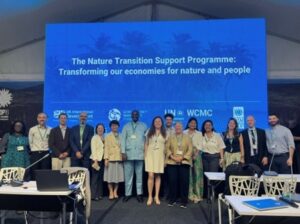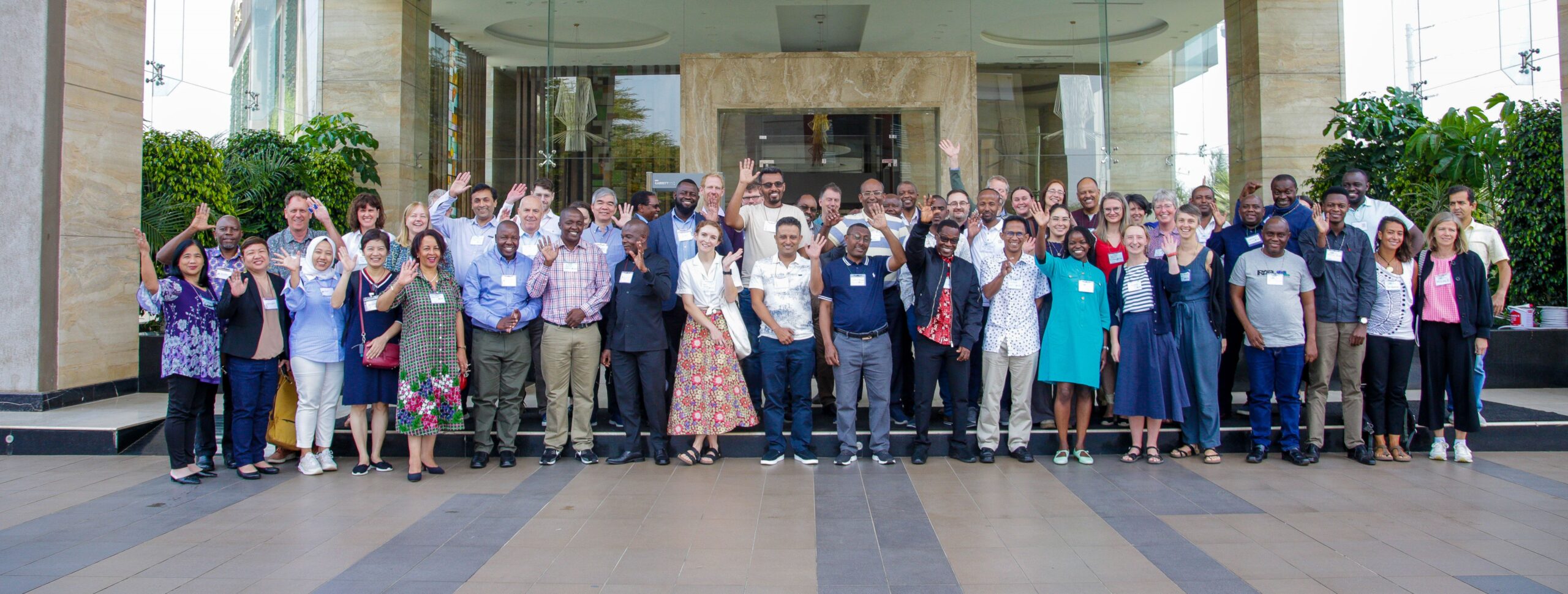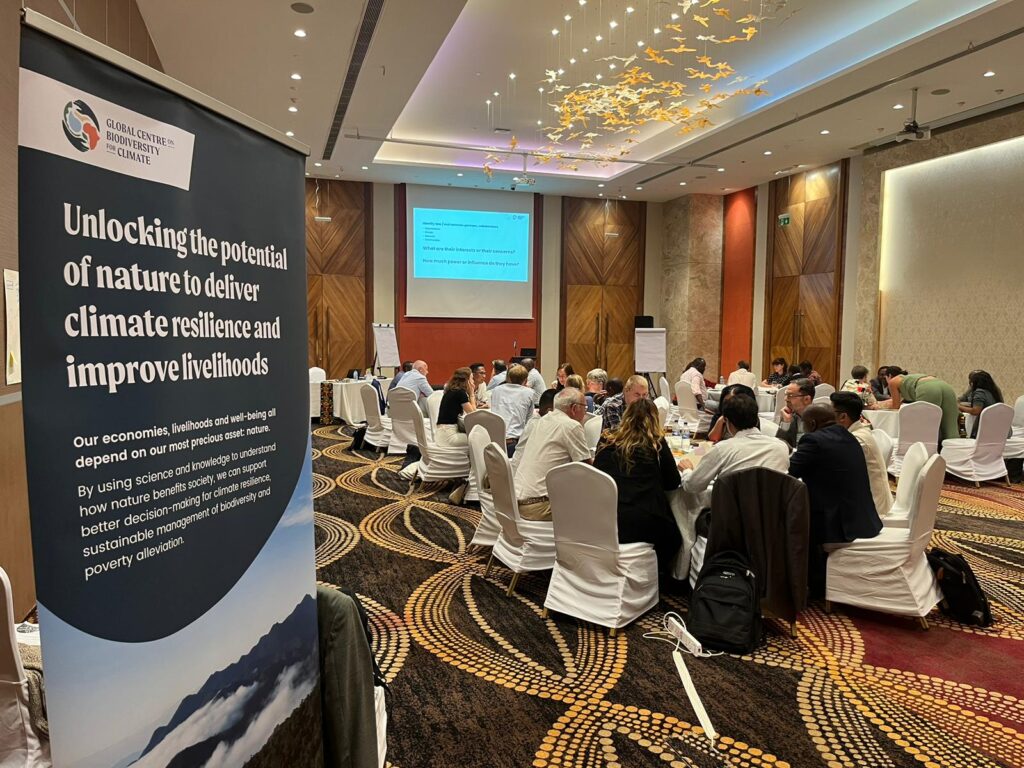Register Today for the GCBC’s Third Research Grant Competition (RGC3) Information Webinar Series
The GCBC has announced a new series of four information Webinars to assist applicants to develop and submit successful and compelling Concept Notes for the Third Research Grant Competition (RGC3)
The series of four Webinars, will run between Tuesday, 21st and Thursday 30th January, 2025. Each webinar will be repeated to ensure that everyone has a convenient time to attend wherever they are in the world. The webinars will be recorded and subsequently available to view on this website.
This series comprises:
Webinar Series, Part One: RGC3 Themes = featuring an introduction to the GCBC, the Grant Competition timetable and the two focus themes for RGC3. The Webinar will provide an understanding of the GCBC nexus: Climate, Biodiversity and Livelihoods, with an emphasis on how the GCBC aims to address poverty alleviation and climate resilience, focusing on approaches that better value, protect, restore and sustainably manage biodiversity.
Dates and Times:
Tuesday, 21st January 2025 · 07:00 – 08:00 hrs GMT – REGISTER
Wednesday, 22nd January, 2025 – 16:00 – 17:00 hrs GMT – REGISTER
Webinar Series, Part Two: Delivery Principles – This webinar consists of a presentation on the details behind the 10 GCBC delivery principles with case study examples and guidance for implementation within projects. This will include ▪ Inter-, intra and transdisciplinary research ▪ Innovative approaches ▪ Robust scientific methods ▪ Replicability and scalability ▪ Traditional / local knowledge, ▪ Gender equity, ▪ Social inclusion and empowerment, ▪ Equitable Access and Benefit Sharing (ABS), ▪ Collaborative partnerships, ▪ Needs driven, solutions oriented.
Date and Times:
Thursday, 23rd January, 2025 – 07:00 – 08:00 hrs GMT – REGISTER
Thursday, 23rd January, 2025 – 16:00 – 17:00 hrs GMT – REGISTER
Webinar Series, Part Three: How to Prepare a Concept Note Application – The third Webinar in the series will explore the GCBC Concept Note template and considerations for applicants in developing their content; taking on board learning from the previous two webinars on the themes and delivery principles. The Webinar will also consider both the importance of identifying demand for the project and understanding the problem that will be solved to frame the research questions addressed; and the logical approach needed to identify the project Theory of Change.
Date and Times:
Monday, 27th January, 2025 – 07:00 – 08:00 hrs GMT – REGISTER
Monday 27th January, 2025 – 16:00 – 17:00 hrs GMT – REGISTER
Webinar Series, Part Four: Research for Impact – the fourth and final Webinar in the series comprises an introduction to the GCBC approach to systems thinking and transformative change, covering what it is and how you can be aware of it as you develop your project. This will include the details behind the GCBC science priorities: ▪ Demonstrating what works, ▪ Capacity building, ▪ Best practice, ▪ Informing policy, ▪ Finance, and ▪ Transformative change to find solutions that can be scaled in regions, within countries or across continents.
Date and Times:
Thursday, 30th January, 2025 – 07:00 – 08:00 hrs GMT – REGISTER
Thursday, 30th January, 2025 – 16:00 – 17:00 hrs GMT – REGISTER
The window for RGC3 Concept Note applications opens on Monday, 3rd February, 2025.











